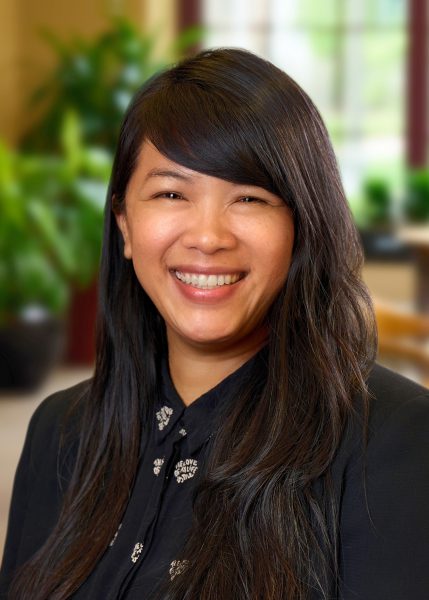What do students do in this clinic?
The Economic Inclusion Clinic focuses transactional legal work that positively impacts historically disenfranchised communities, including people of color, agricultural workers and rural small businesses. Examples of the type of legal work the clinic conducts include the following:
- reviewing and drafting incorporation documents such as articles, bylaws, conflict of interest policies, employment law policies and other in-house corporate documents
- counseling, reviewing and drafting contracts, memoranda of understanding, commercial leases and other financial transaction documents
- counseling and reviewing relevant documents related to financing, compliance, and other economic development-related transactions
- Legal workshops for community-based organizations and their beneficiaries
Many of our clients are social enterprises (either nonprofits or for-profits) focused on a double-bottom line of 1) inclusion of historically disenfranchised communities and 2) financial viability.
The clinic will also work in tandem with public offices such as the MN attorney general under a co-counsel agreement in which the students will conduct research on policies promoting economic inclusion.
FAQ
-
What happens in the classroom component?
Preparation for and execution of client interviews, co-counsel interviews, review and discussion of assigned reading, review of black letter law as applied to client cases, and case rounds.
-
What do students learn in this clinic?
Students gain an insight into the real-life application of issue-spotting, compliance, and liability analysis common in for-profit and nonprofit organizations involved in community economic development in historically disenfranchised communities. Students will also learn the art of collaboration with colleagues, third party co-counsel, and community-based organizations. -
When is this clinic offered?
Fall and Spring
-
How many credits?
Three -
Are students permitted or encouraged to take this clinic for additional semesters?
Yes, but priority will be given to those who have not been able to have previous clinical opportunities.
-
Are there any required or recommended pre-requisites?
Professional Responsibility is a prerequisite. Business Organizations is recommended.
-
Can students with full-time jobs take this clinic?
This course is specifically designed to enable part-time or out-of-state students the opportunity to gain client and co-counseling experience without being physically on-campus.
-
Can students who live outside the Twin Cities take this clinic?
Yes. All meetings and student supervisions can be attended via zoom.
-
Who should take this clinic?
Students interested in working with businesses and nonprofits, and those interested in social enterprises will benefit from experience in the Economic Inclusion Clinic.

